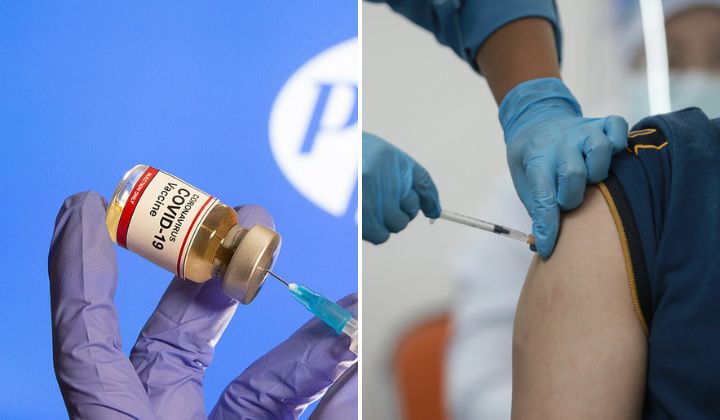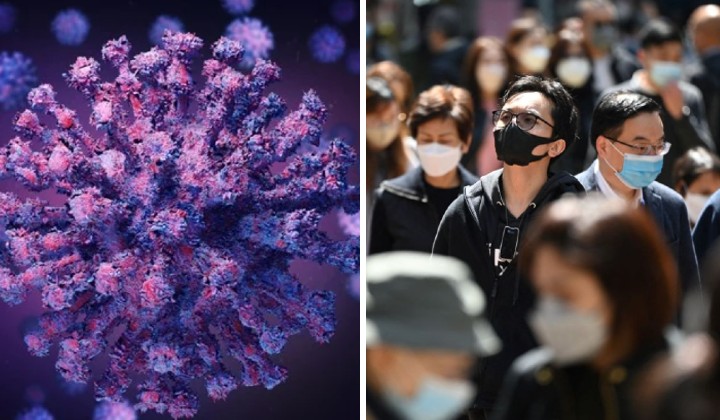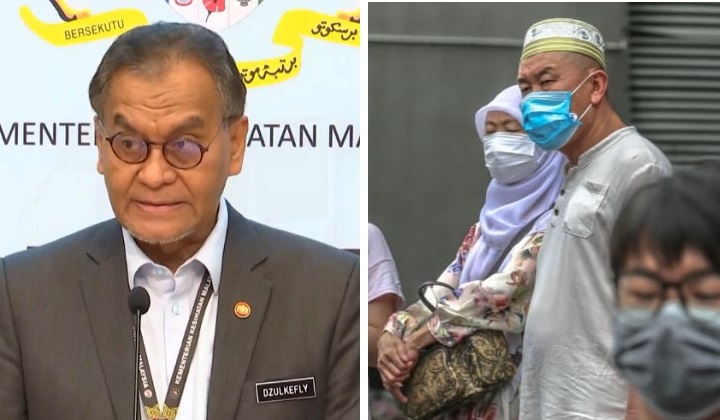No, Malaysians Aren’t Lab Rats For Covid-19 Vaccine. We Actually Have A Plan
Malaysia’s Public Covid-19 Vaccine Programme is based on the “Five P” framework. Here’s what we know so far.
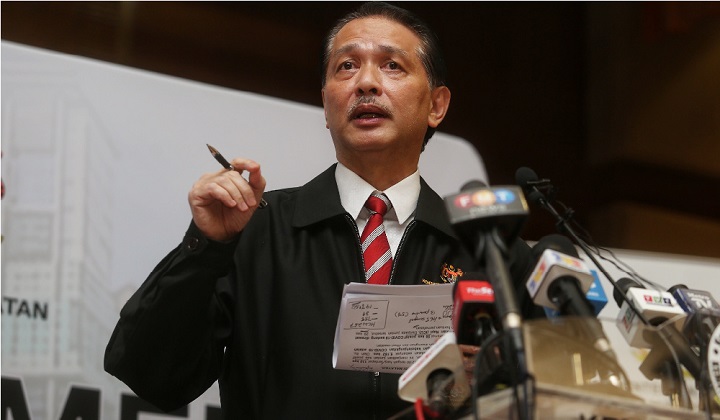
Subscribe to our Telegram channel for the latest stories and updates.
During the Health Ministry’s daily Covid-19 update live press conference yesterday, a question was posed to Health Director-General Tan Sri Dr Noor Hisham Abdullah on Malaysia’s procurement of a vaccine.
Apparently, some individuals claim that Malaysians were being used as lab rats for the “DNA altering vaccine” if we were among the first in line to receive it.
To this, Dr Noor Hisham revealed the country’s vaccine plan, explaining that our procurement and use of vaccines will depend on five aspects.
This is the “Five P” framework we mentioned: Registration (Pendaftaran), Supply (Pembekalan), Distribution (Pemberian), Monitoring (Pemantauan), and Evaluation (Penilaian).
Tan Sri Dr Noor Hisham Abdullah, Health Director-General of Malaysia
Registration
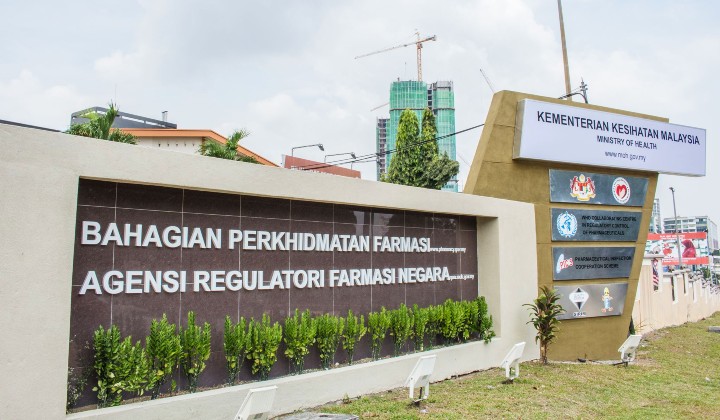
Dr Noor Hisham explained that the Covid-19 vaccines, as well as all medications, need to go through a stringent vetting process before being approved for the rest of the human population.
Following phase 3 clinical trials, pharmaceutical companies must release the full data of their findings to be independently scrutinised by regulatory bodies, such as the United States Food and Drug Administration (FDA) and our own National Pharmaceutical Regulatory Agency (NPRA).
This is especially important considering the fact that most Covid-19 vaccines use a brand new technology called messenger-RNA (mRNA), which has never been approved for human vaccination before.
FYI, phase 3 clinical trials already involve giving the vaccine human participants to record and monitor whether or not the vaccine is safe and effective.

Once the FDA and NPRA have had a chance to study the clinical trial findings and confirm that the vaccine is safe for human use and effective at protecting us from Covid-19, they will register the vaccines.
We must wait for the results of phase 3 clinical trials from 12 companies first. We expect to receive the first report by next week.
Tan Sri Dr Noor Hisham Abdullah, Health Director-General of Malaysia
Dr Noor Hisham explained that although Malaysia has struck a deal with the U.S. pharmaceutical giant Pfizer for their vaccine, the deal is null and void if it does not obtain approval from the FDA and NPRA.
Supply
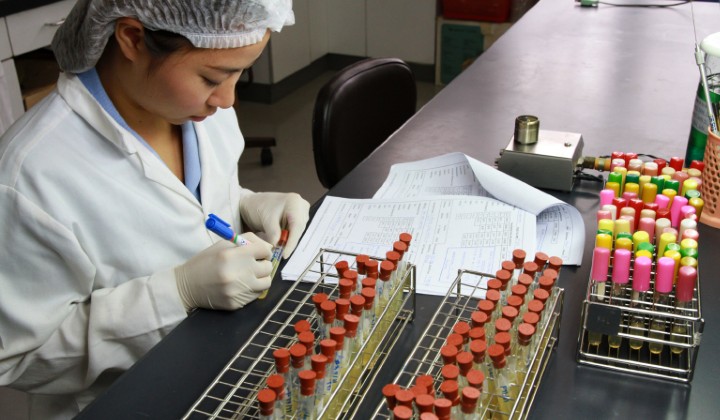
Mentioned briefly by Dr Noor Hisham, he said that logistics and cost of supplying the vaccine nationwide are also being looked at.
He added that this aspect is included in the second part of their negotiations with pharmaceutical companies, which is still dependent on the companies getting approval for their vaccines first.
This aspect was explained in more detail by Science, Technology, and Innovation Minister Khairy Jamaluddin in his response to a similar question in parliament.
YB Ronnie Liu has made some allegations about our vaccine procurement. I have tried to answer them. https://t.co/pNZaZS3Eic pic.twitter.com/Jf0jQjk7Jr
— Khairy Jamaluddin 🇲🇾🌺 (@Khairykj) November 30, 2020
With regards to the ultra-cold supply chain required by Pfizer’s vaccine, Khairy said that the shipment of vaccines will be handled and delivered by Pfizer directly.
As for storage of the vaccines, there are ultra-low temperature freezers in universities and research institutes across the country which can be redeployed if necessary.
He added that according to the deal with Pfizer in particular, Malaysia will not be receiving all 12.8 million doses in one shot, but instead, supply will be staggered throughout the year.
Q: How is the cold chain distribution for the Pfizer-BioNTech investigational vaccine being managed? (7/7)
— Pfizer Inc. (@pfizer) November 25, 2020
A: pic.twitter.com/QYYUfFBSWM
Our planning for storage will take the delivery schedule into consideration.
Khairy Jamaluddin, Minister of Science, Technology, and Innovation Malaysia
Distribution
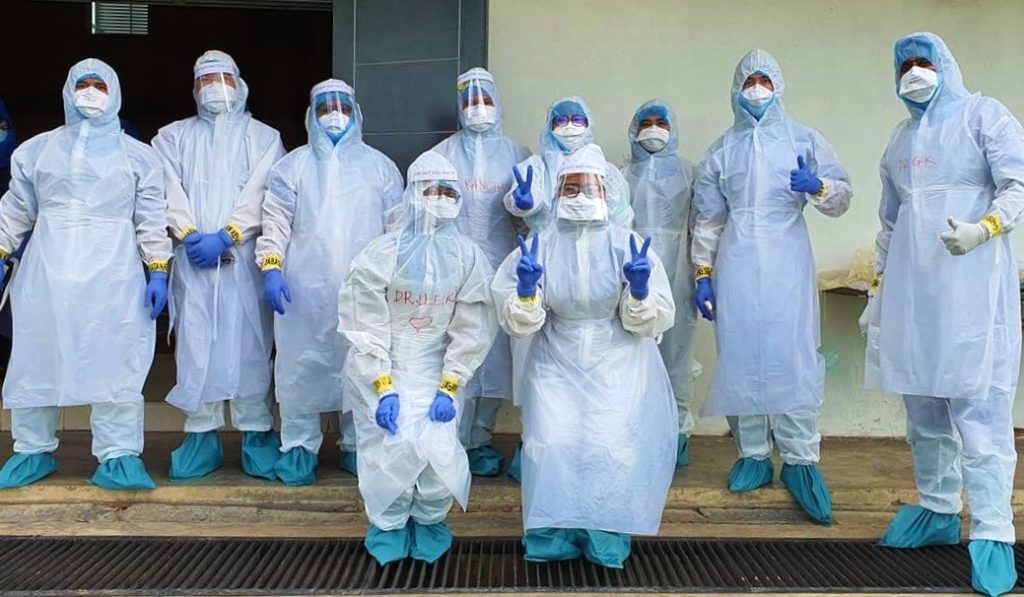
It is important to note that not any one pharmaceutical company will be able to supply vaccines for the entire Malaysian population.
Khairy Jamaluddin, Minister of Science, Technology, and Innovation Malaysia
Malaysia is using a multi-pronged approach and securing a specific number of vaccines from several pharmaceutical companies. The target is to vaccinate about 70% of the population in hopes that we will obtain herd immunity for the rest.
Deputy Minister of Science, Technology, and Innovation Ahmad Amzah Hashim has previously stated that out of the 70% to be vaccinated, 20% (or 6.4 million people) will receive Pfizer’s Covid-19 vaccine, which Malaysia has agreed to buy 12.8 million doses of.
Meanwhile, another 10% of the population will be given the vaccines acquired through the Global Covid-19 Vaccine Access Plan (COVAX).
For the remaining 40% of the population, the government is negotiating with suppliers such as Sputnik V, Moderna, AstraZeneca and others.
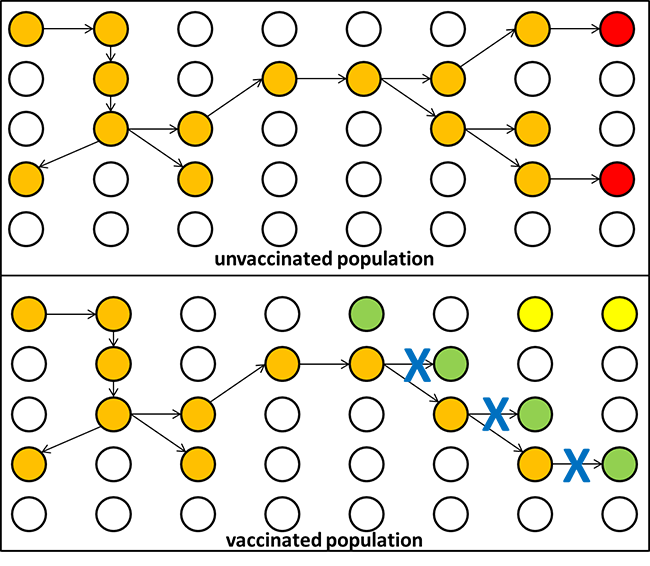
According to Khairy, Prime Minister Tan Sri Muhyiddin Yassin has pledged that the government will fund the public Covid-19 vaccination programme and has set aside at least RM3 billion solely for this purpose.
Dr Noor Hisham explained that certain groups of people will be prioritised to receive the vaccine first, this includes frontliners such as health and law enforcement personnel as well as vulnerable groups, such as senior citizens or those with critical illnesses.
So, we will draw up some guidelines on the distribution of the vaccines to the targeted groups.
Tan Sri Dr Noor Hisham Abdullah, Health Director-General of Malaysia
Monitoring
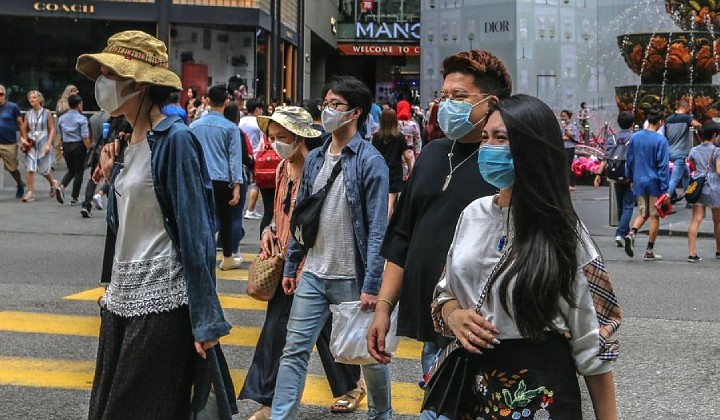
Once the vaccines have been distributed and given to the rakyat, the Health Ministry will monitor any side effects that arise as well as the efficacy of the vaccines.
Dr Noor Hisham said continuous monitoring is crucial considering the fact that we will be using vaccines from several different companies.
He added that the people will be urged to report any side effects to the Health Ministry to enable proper monitoring of the vaccines.
Evaluation
The last step of the programme is to evaluate if our plan has managed to obtain protection in the form of herd immunity from Covid-19.
Dr Noor Hisham said that the Health Ministry aims to vaccine between 70% to 80% of the people, adding that he hopes this would be enough for us to reach herd immunity.
Watch Dr Noor Hisham explain the framework himself from minute 40 onwards in the video below:
Share your thoughts with us via TRP’s Facebook, Twitter, and Instagram.
Starving forensic investigator turned writer cause she couldn't find a job. Used to search for killers now searches for killer stories.

